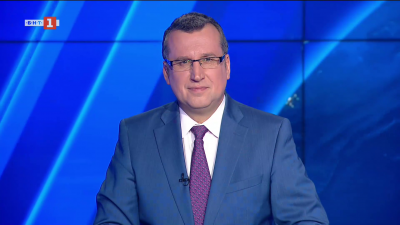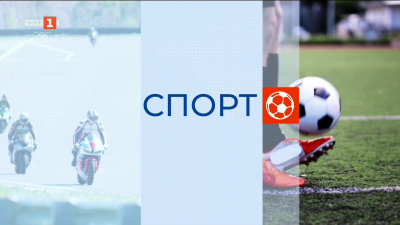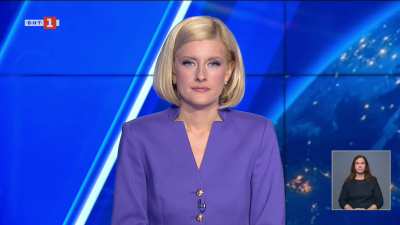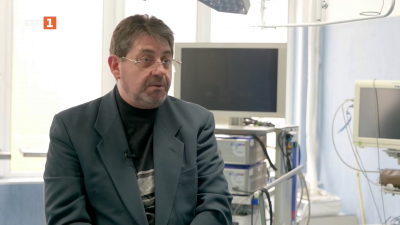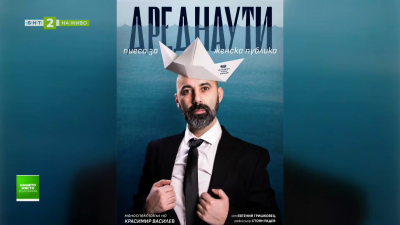Bulgaria is considering on how to respond to Russian actions in the Black Sea
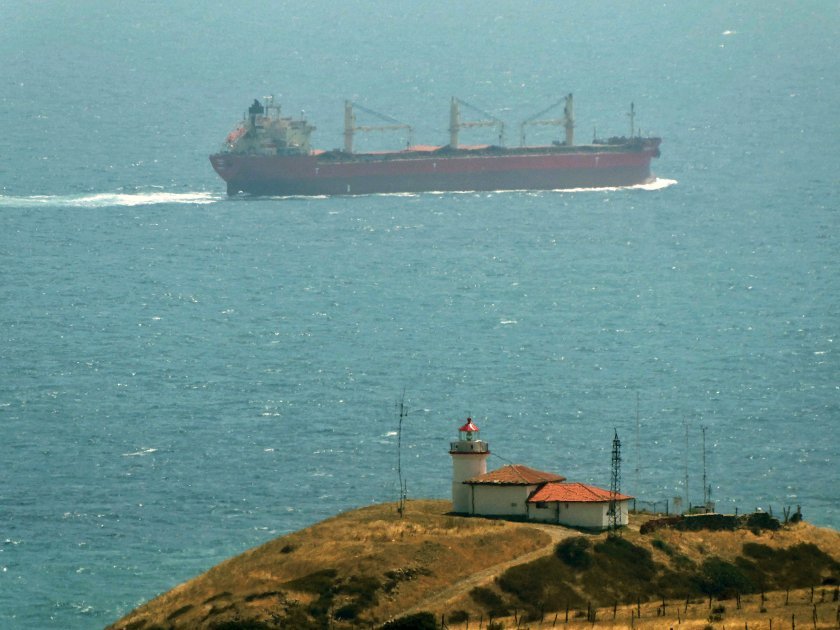
Bulgaria is considering what response to give to Russia's actions in part of the Bulgarian exclusive economic zone in the Black Sea. In the words of the Minister of Defence, Todor Tagarev, the response will be joint with NATO allies. Romania has summoned the Russian ambassador and is consulting allies over the latest drone wreckage found on its territory. The wreckage is "similar to that used by Russia against Ukraine".
From diplomatic measures to the intensive purchase of coastal missile complexes for naval purposes - this clarification was made by Minister Todor Tagarev.
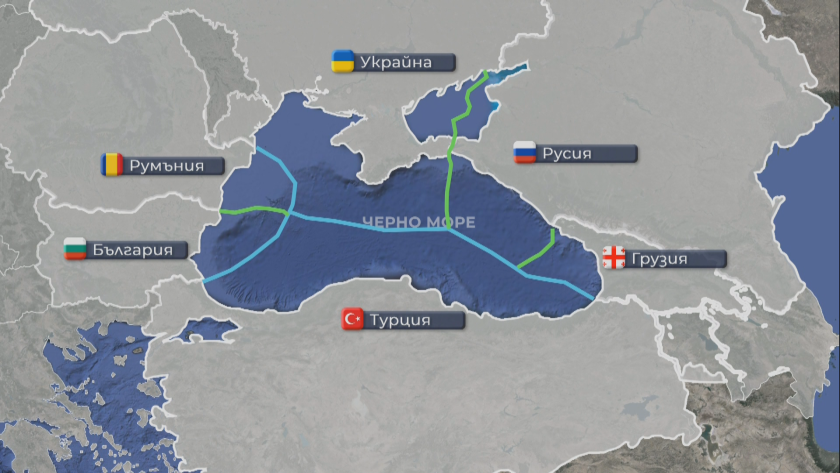
Otherwise, the situation in the Black Sea has been changing rapidly since July 17, after Russia pulled out of the grain deal and began launching massive strikes on Ukrainian Black Sea and Danube river grain export ports. These are Izmail, Reni, Odessa, Chernomorsk... So far, 105 port facilities have been damaged or destroyed, according to Ukrainian authorities. Some of them are only a few hundred meters from Romanian NATO territory.
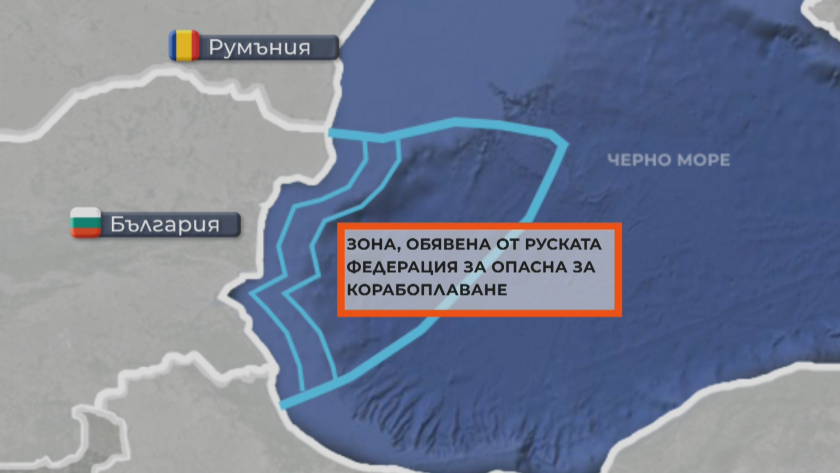
At the same time, the Russian Federation has extended until the end of the month the warning to conduct a naval exercise in part of the Bulgarian exclusive economic zone of the Black Sea, the Defence Minister announced, which Bulgaria considers a provocation.
NATO allies can respond to Russian actions in the Black Sea region not only through the presence of ships, said Minister Todor Tagarev:
"This can be done by obtaining and providing intelligence of a different nature, with aviation that could potentially act against maritime targets, this can also be done by shore-based means again to act on maritime targets, they are no longer limited by the Montreux Convention."
Each of the six countries in the Black Sea has an exclusive economic zone. Russian naval exercises in part of Bulgaria's economic zone make navigation impossible and block possible initiatives for a humanitarian corridor for Ukrainian grain off the coasts of Romania and Bulgaria.
"We are discussing different options for response. From diplomatic to accelerated acquisition of coastal anti-missile complexes. The main response is precisely with our NATO allies," said Todor Tagarev.
The Russian strikes on Ukrainian Danube ports are just a few hundred metres from Romanian territory.
"Since the conflict began, the risks have increased sharply. Several allied countries have already seen missiles fall from this conflict. In one case, if I am not mistaken, there were casualties in Poland. A drone, fragments of a drone also fell on Romanian territory yesterday," Tagarev added.
Following Russia's latest airstrikes on the Ukrainian ports of Izmail and Reni, fragments from drones resembling those used by Russia were found. NATO said it had no evidence of a deliberate Russian attack on allied territory.
"Nobody attacked us, people! Let's calm down the population or we'll all go crazy. Nobody is attacking us and nobody will attack us. All we have is the wreckage of a drone hit by the Ukrainian army," said Marcel Ciolacu, Romania's Prime Minister.
This is the third incident since July 18, a day after Russia pulled out of the grain deal and began striking Ukrainian Danube and Black Sea ports. On Romania's Danube coast, the military surveyed the wreckage of the downed drone and began building air-raid shelters.
"The wreckage was found about 2 km south of the village of Nufaru, on a hill. There is no visibility from the ground, you can see them better from the air. That's why the accident site was first spotted by helicopter," said Antoanel Vatamanu, commander of the military base in Tulcea, Romania.
To respond to the risks in the Black Sea, experts have suggested setting up a special NATO-Black Sea group to ensure security in the region and possible grain corridors to Ukraine.
"If Bulgaria, Romania and Turkey find a way to create such a special group, it can be seen as an allied response and we will be able to better protect our territorial waters. But because of the Montreux Convention, it would be a very difficult decision for Turkey to allow more allied naval vessels in the Black Sea," said Radu Tudor, a security and defence expert, Romania.
The Montreux Convention limits the stay of non-Black Sea warships to 21 days, and their total tonnage cannot exceed 45,000 tonnes displacement at any one time. Three of the Black Sea states are parties to the document - Bulgaria, Romania and Turkey.
Get the latest news wherever you are!
Follow us on
Facebook
and
Instagram
Follow BNT’s YouTube channel
You can now also watch us on
TikTok
Find us on
Google News







